As the geese come to the end of their laying season, we still have goose eggs for sale. About 3 times the size of chickens eggs, they are a meal in themselves.
Last night we had salad niçoise for tea. One goose egg per adult, soft boiled (boil the eggs for about 15 minutes to get a lovely soft boiled egg with a creamy yolk)
You can buy online or from the door. We take contactless payments.
Local collection only.
Fresh Goose Eggs Laid by Our Geese
£3.00
Goose eggs are truly distinctive being almost three times the size of a hen’s egg! We have three girls that typically lay from the beginning April through to the end of May.
Price is per egg, minimum order of 2 eggs.
CLICK & COLLECT only. Buy online and schedule a time to pick-up.
Card payments only online. ![]() Find us here …….
Find us here …….
Out of stock
Description
Having a more pronounced flavour than a hens egg, but slightly milder than a duck egg. A Goose egg is simply a meal in itself eaten boiled, scrambled, or fried and shared. As with all eggs they can be used as an ingredient in baked dishes such as gratins and quiches or as the base for the finest Yorkshire pudding. Our Geese lay their eggs between Spring and early Summer by free roaming in our fields. With access to grass all year round and free to roam, they produce the most delightful eggs with deep orange yolks!Uses for Goose Eggs
Goose eggs can be used in exactly the same way as chicken eggs. The only difference is their size. About 3 to 4 times the weight of a chicken egg, they can be used in cooking in the same way. If a recipe is asking for 3 eggs, one goose egg may do. Examples of use for goose eggs:- Soft boiled: To get a nice runny soft boiled goose egg, boil for 6 minutes. Read more here ….
- Hard boiled: Boil for about 8 to 10 minutes to get a hard boiled egg, and use in the normal way.
- Blowing: Its great fun for kids to blow goose eggs and then paint and decorate them, especially around easter time. Use the egg blown out of the shell to make scrambled egg or omelette.
About Our Geese
Our Geese are kept naturally, predominantly eating fresh grass. In February, in preparation for egg laying, we may supplement their feed with a premium quality specialist goose breeders feed. At this time of year, the grass can be low in nutrition, and supplementing their feed provides necessary minerals and vitamins in preparation for the laying season and the number of goose eggs they can produce. Unlike many keepers of geese, we feed all of our birds on quality premium food, containing natural ingredients that contain no Genetically Modified crops or chemical additives.
Additional information
| Availability | Normally available February to June, Seasonal |
|---|---|
| Life Style | Access to Grass All Year Round, Given Free Range to Roam |
| Origin | Produced in Devon, United Kingdom |
| Weight | Average weight approximately 160 grams each |
| Allergy Advice | Eggs |

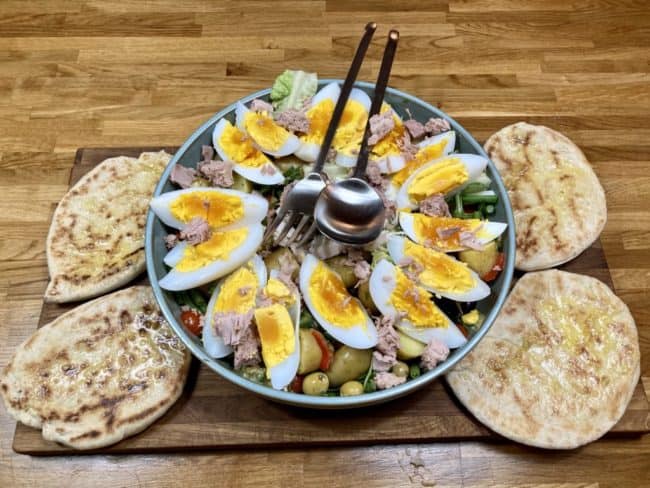
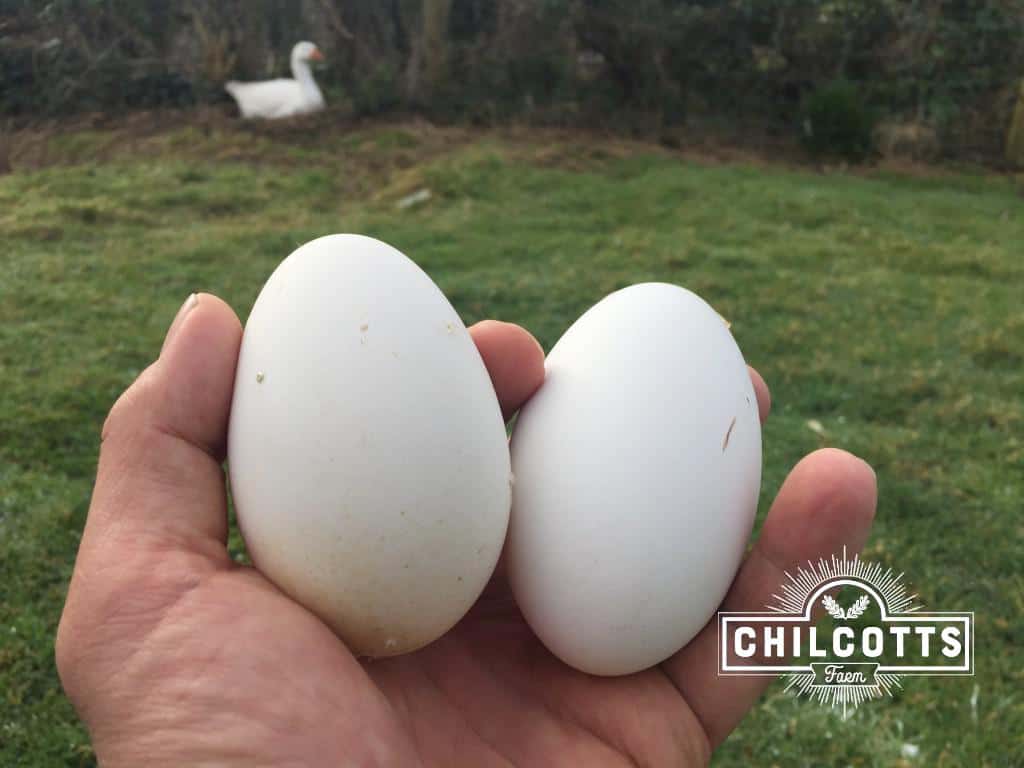
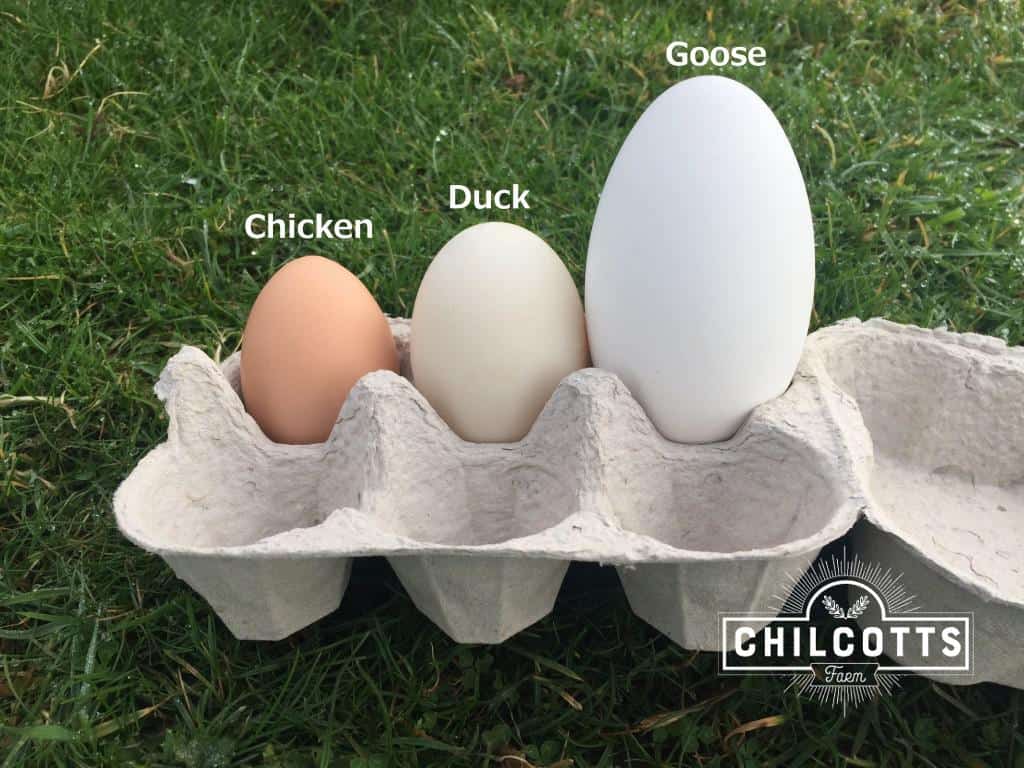
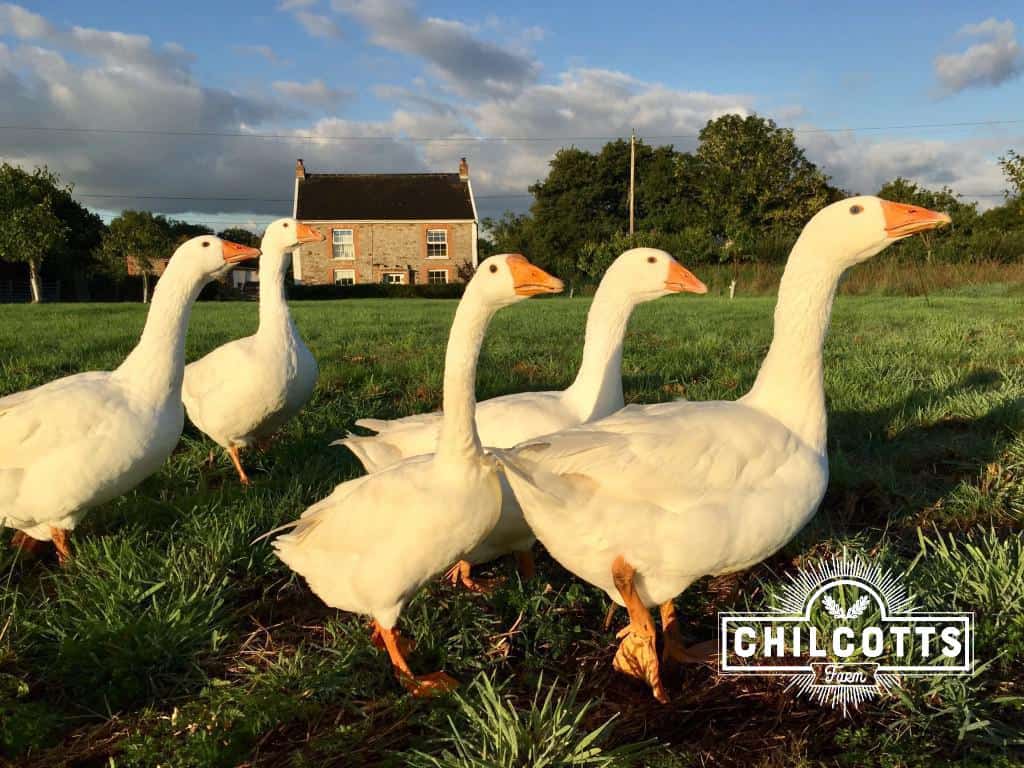
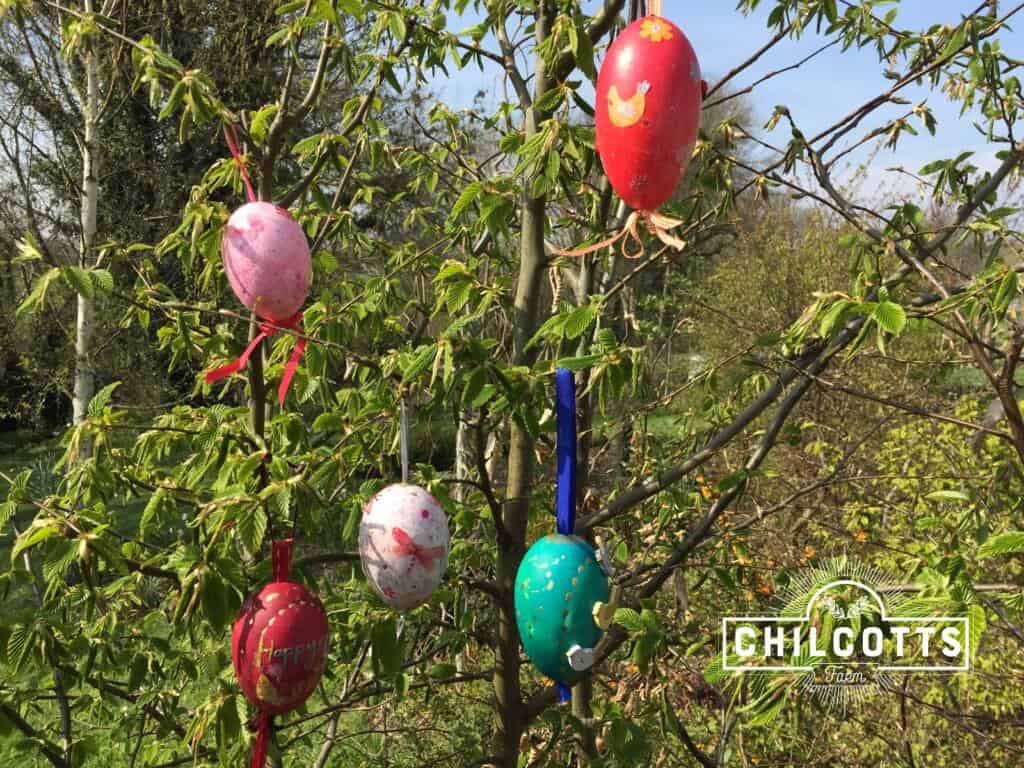
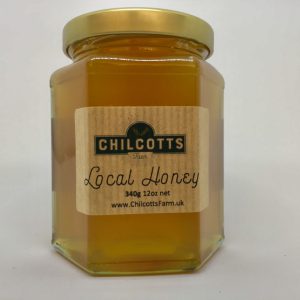
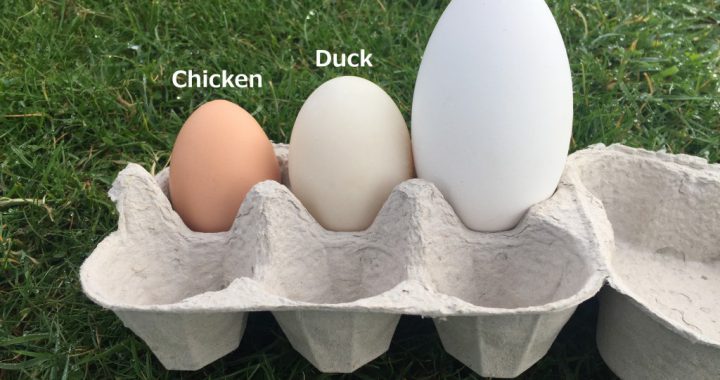
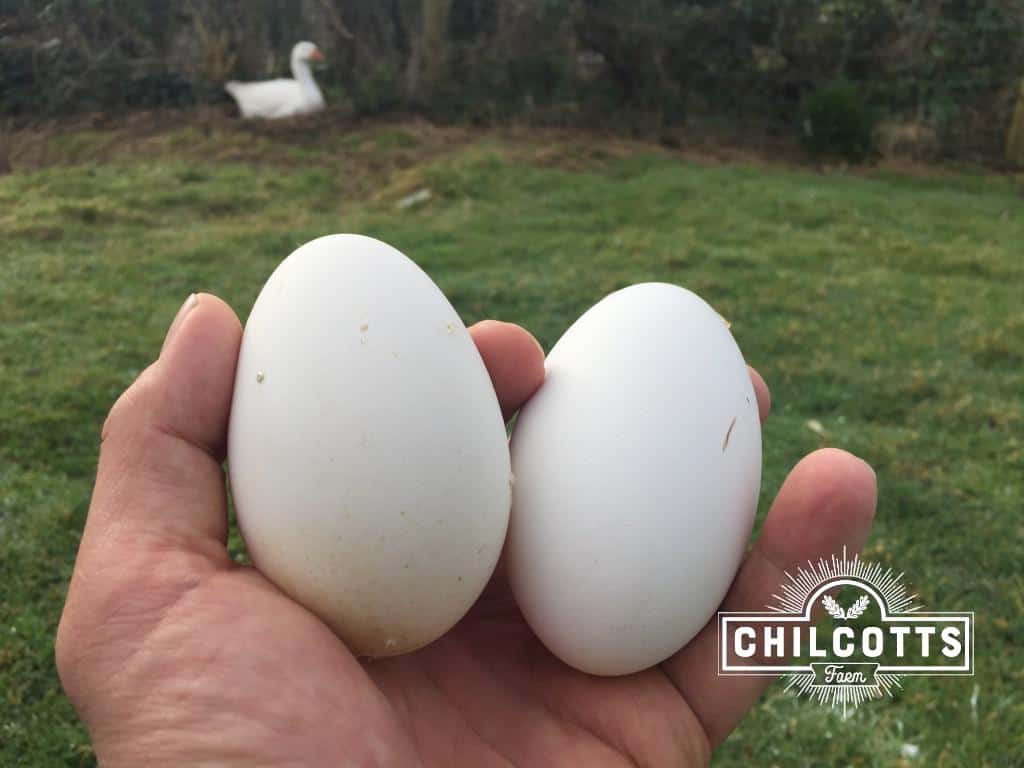
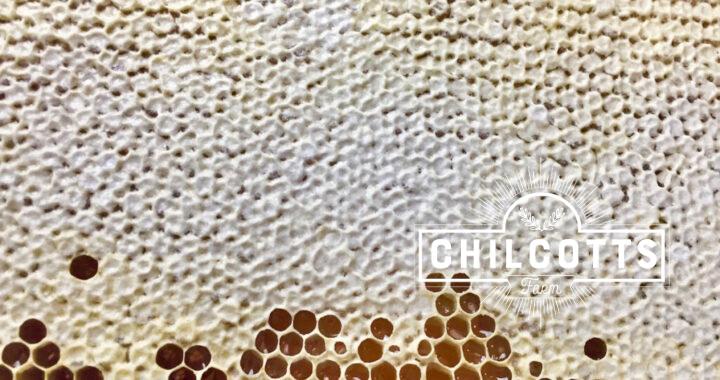
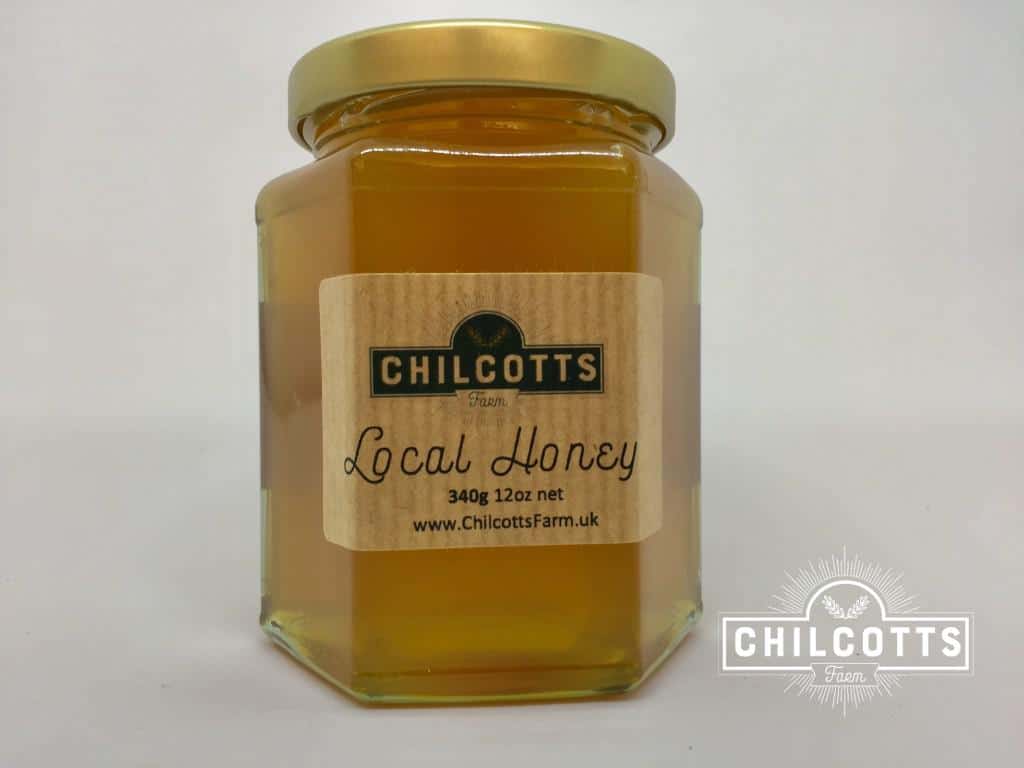
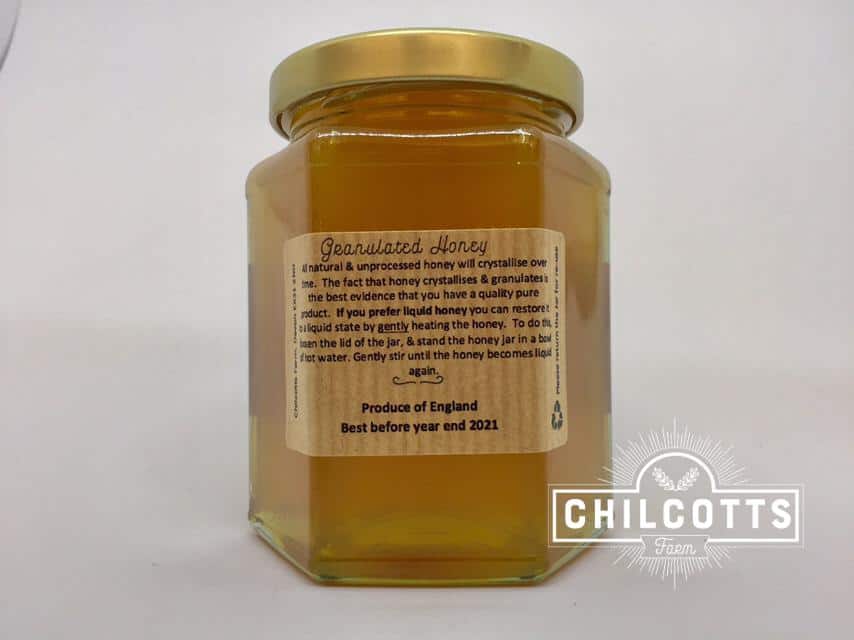

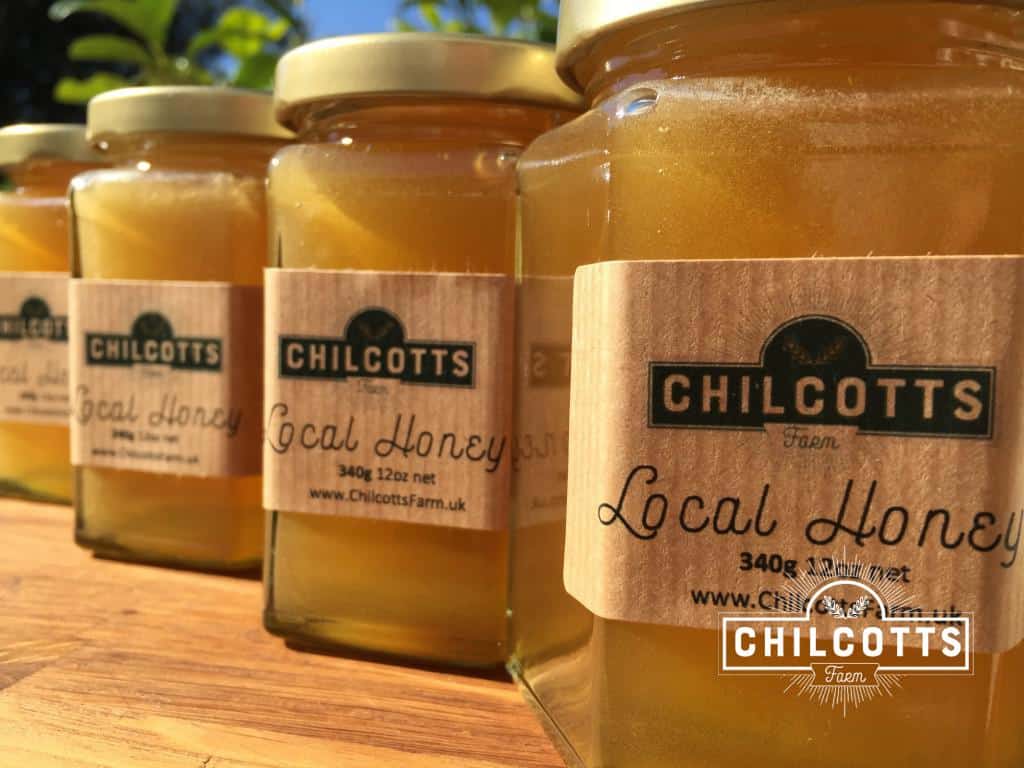
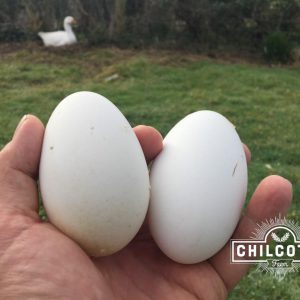
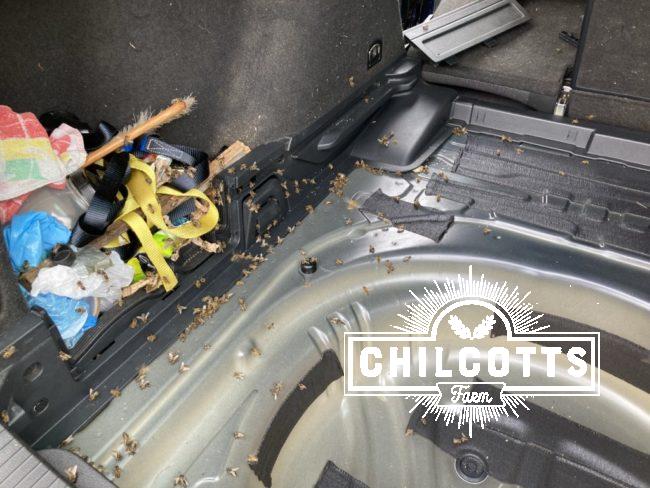
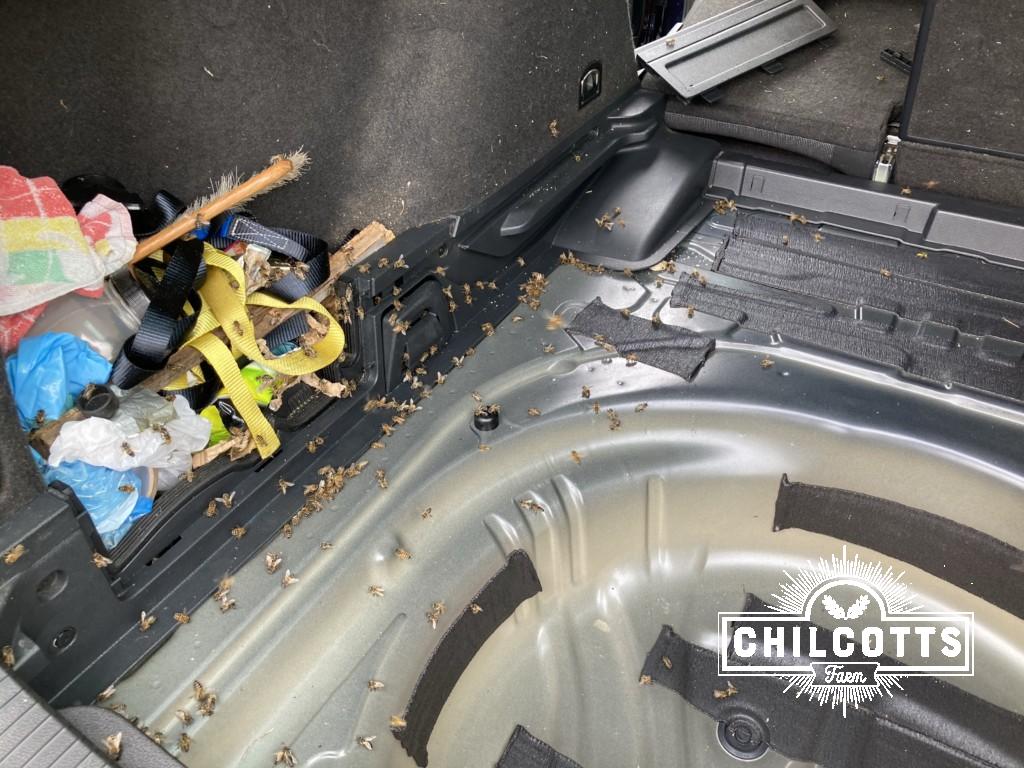
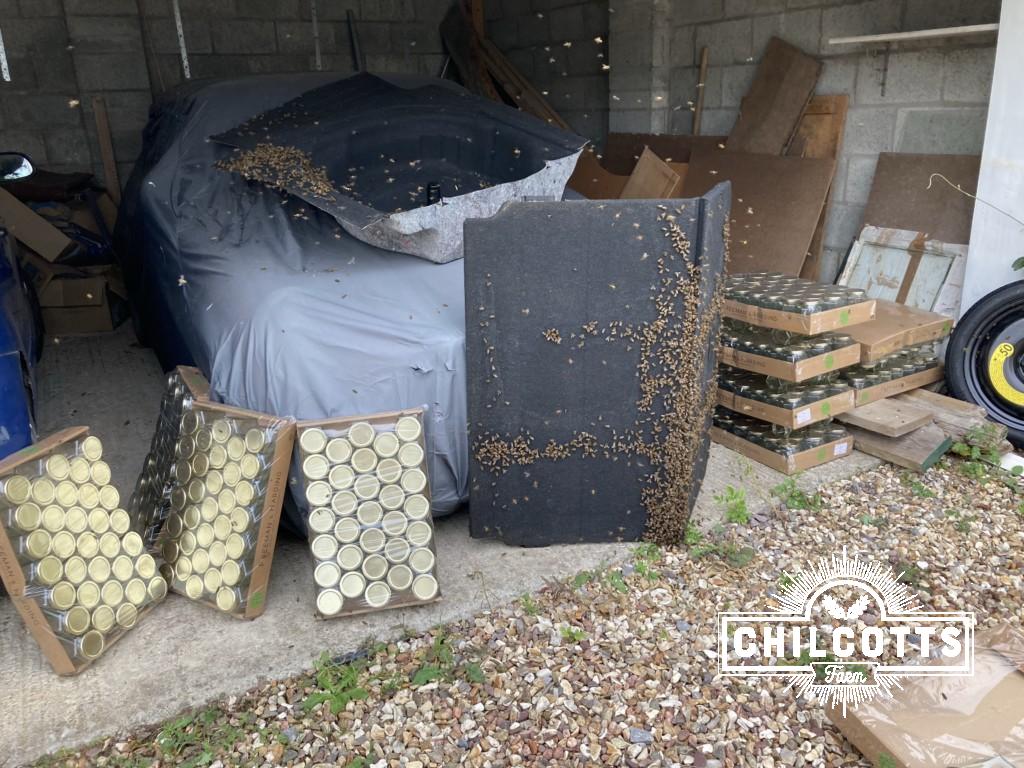
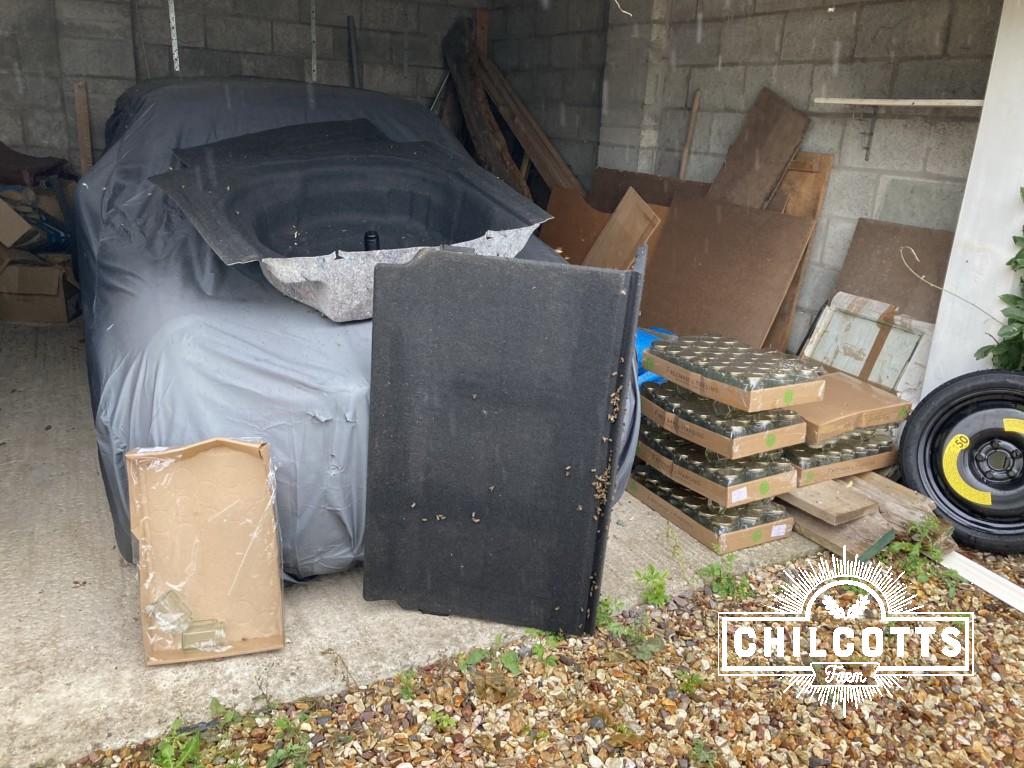
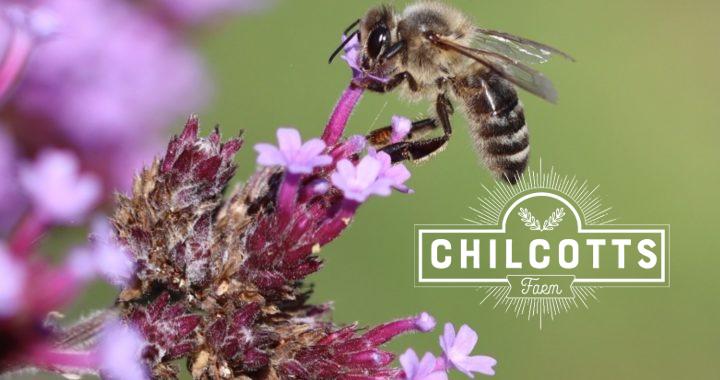
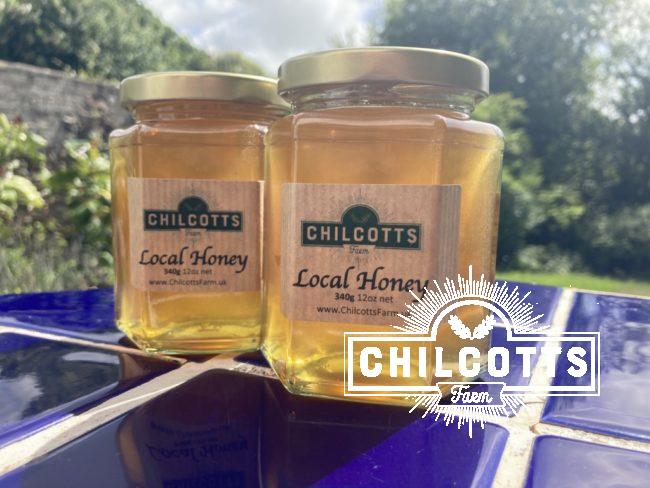
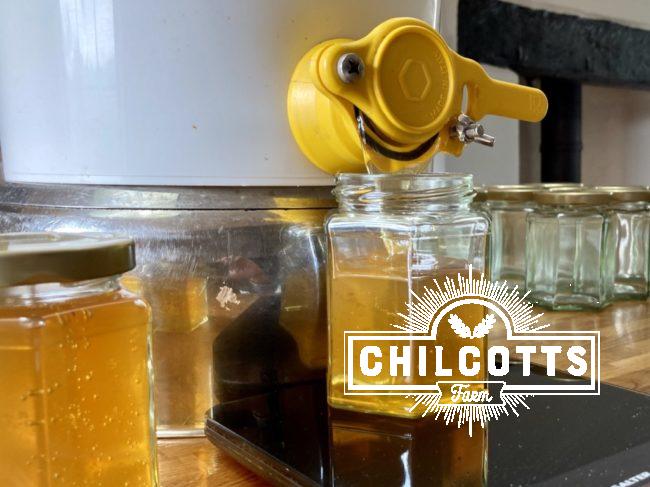
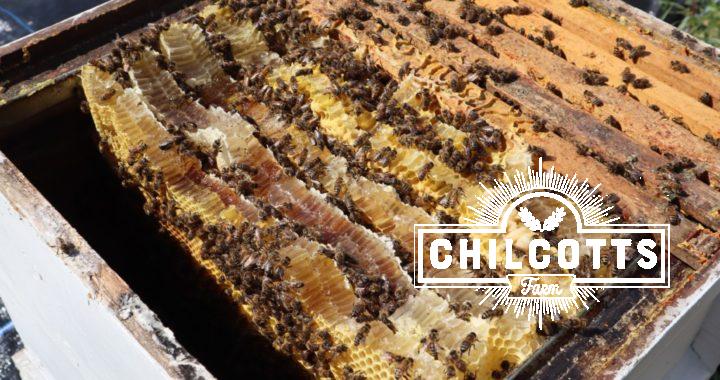
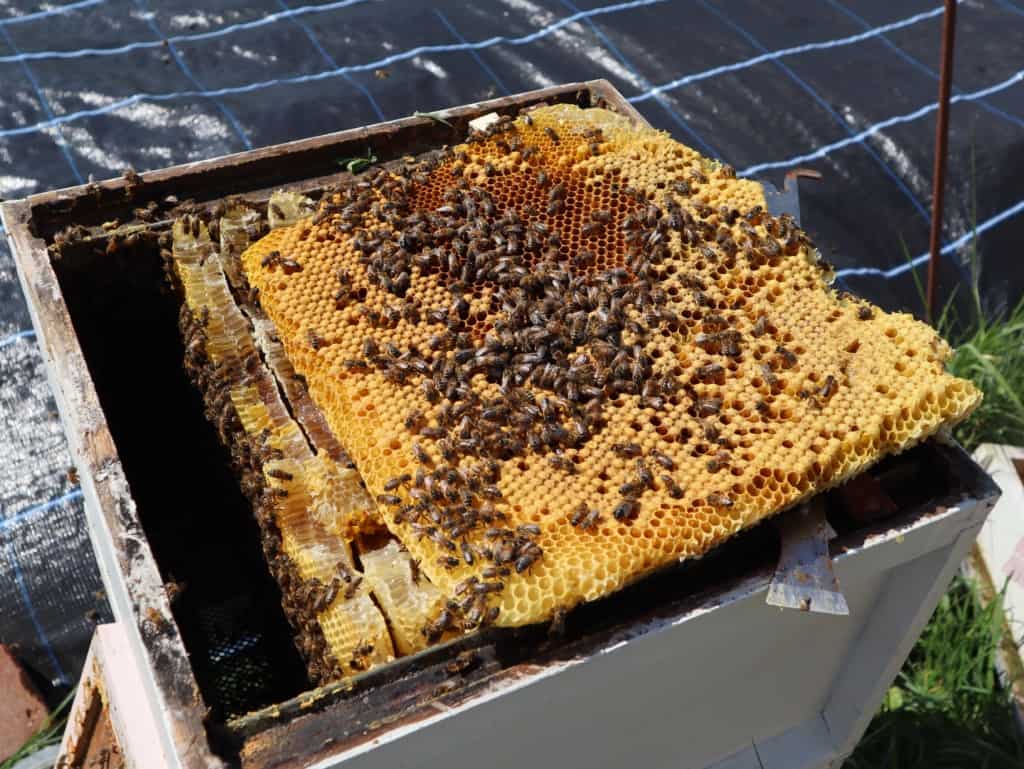
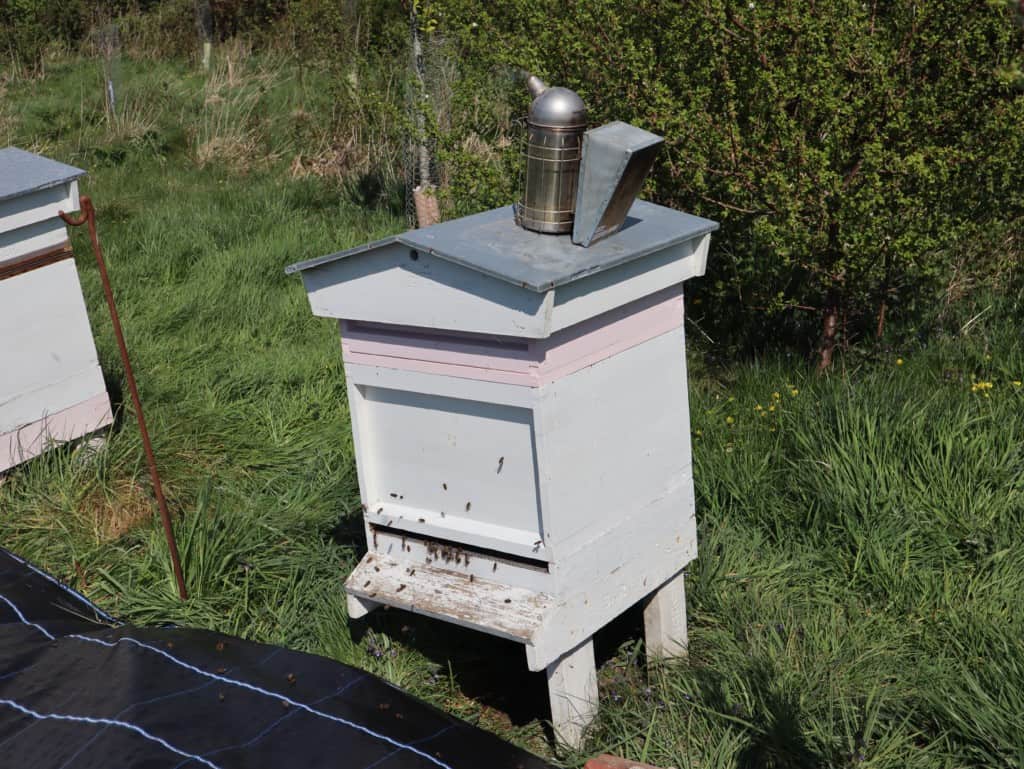
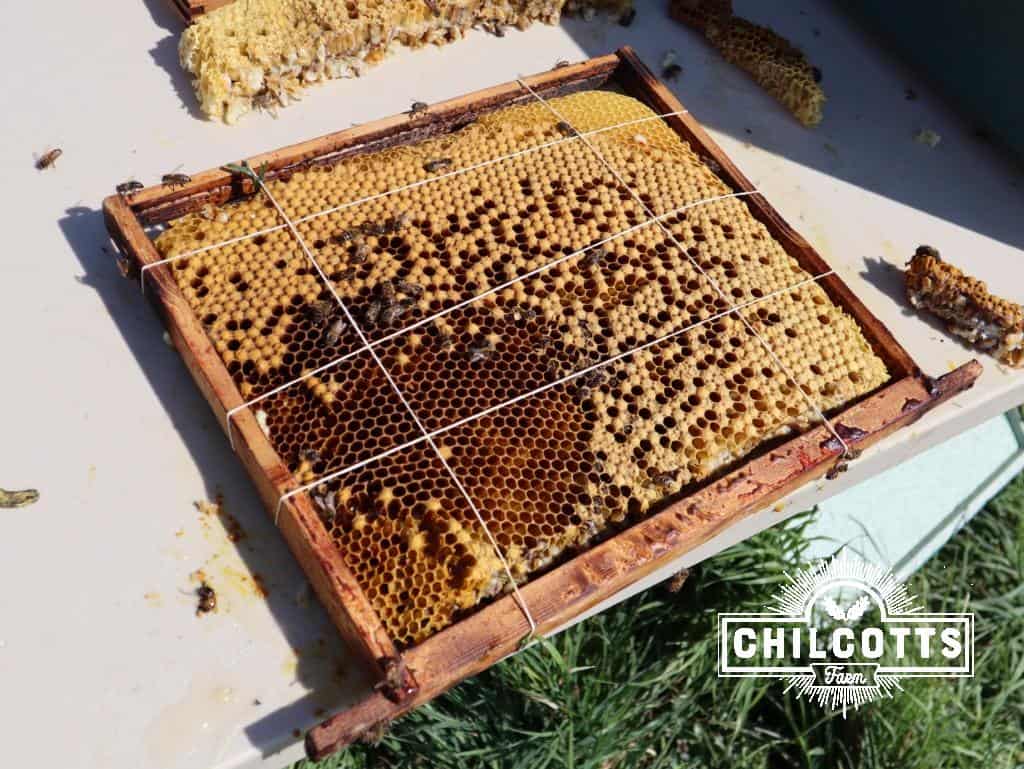
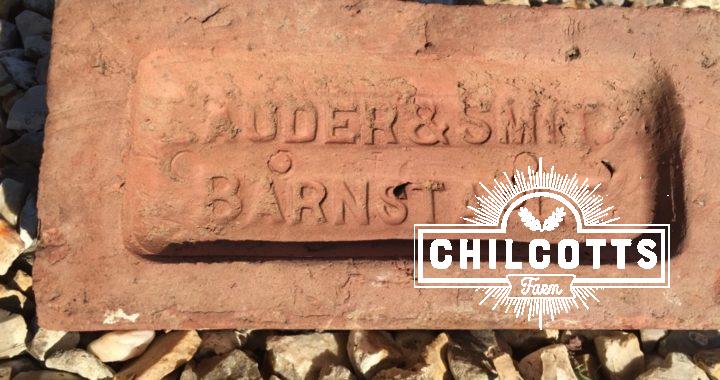
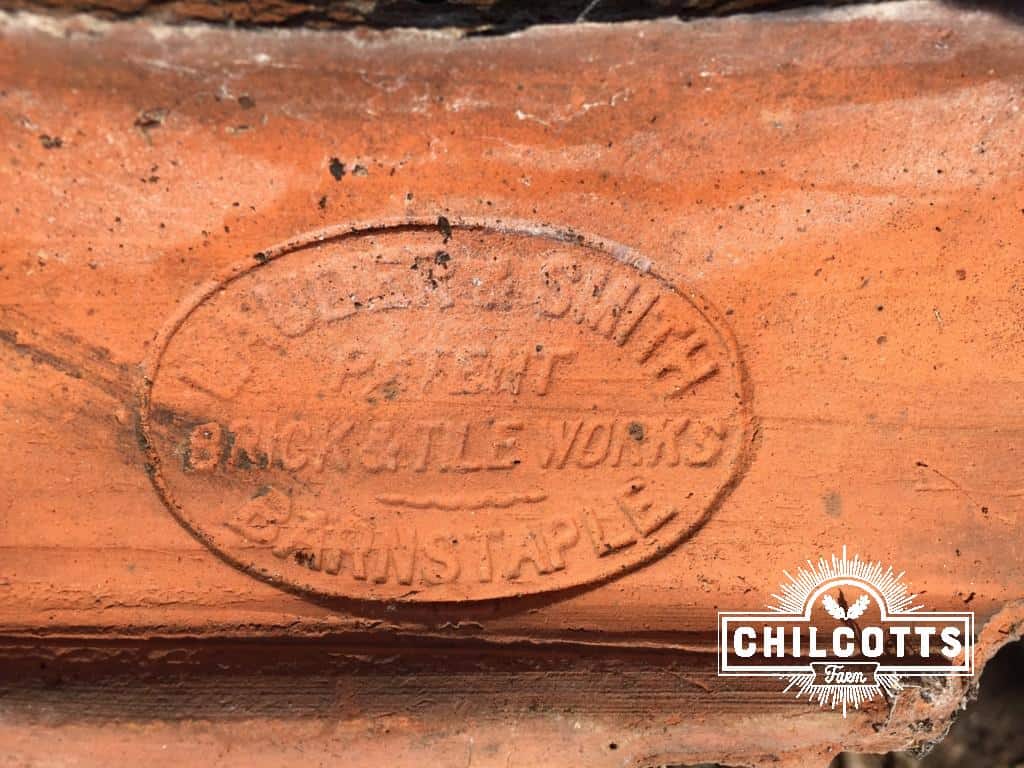
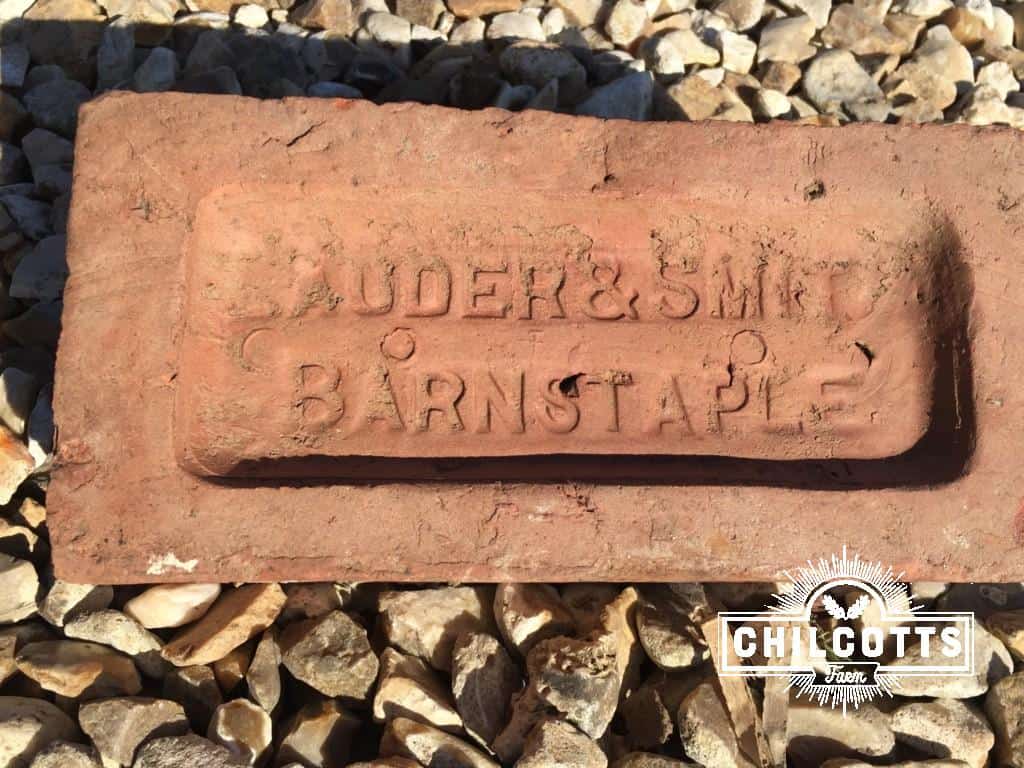
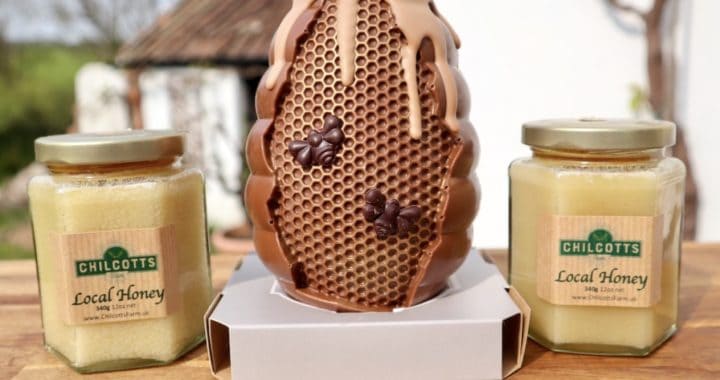
Reviews
There are no reviews yet.